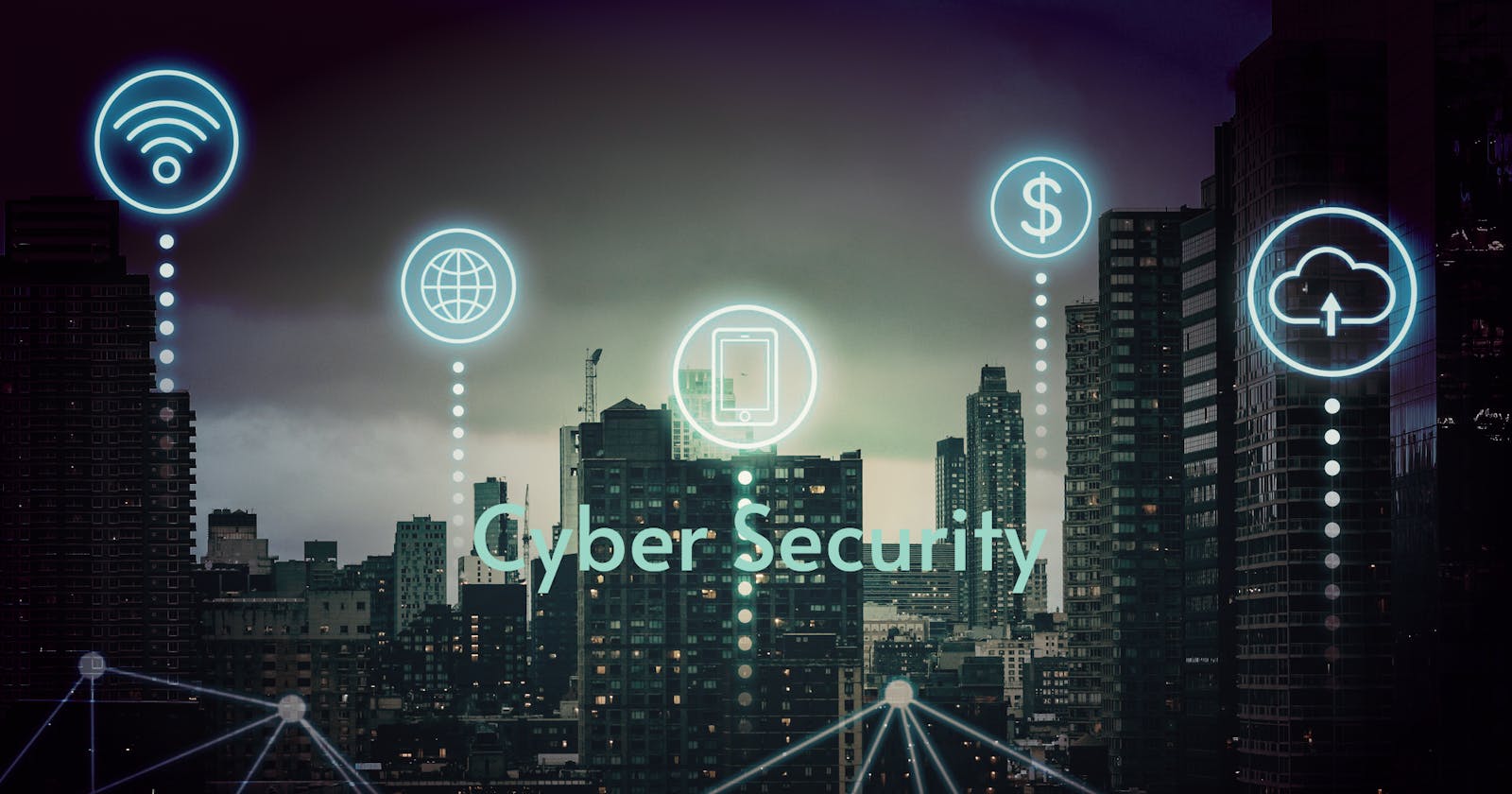The Internet is a big place. We all use it daily to connect and communicate around the world. However, like in any other aspect of life, cyber security is not perfect. The bad guys can find ways to access your personal information or hack into your network, whether you use technology or traditional security methods. The good news is that the Internet has many safeguards against such intrusions plus some tips that can help you stay out of trouble and keep you safe.
We can't prevent all cyber-attacks, but cyber security awareness makes it more difficult for hackers to access your data. By now, you probably know all the basics of internet safety. Keep your antivirus software updated, ensure you are typing in HTTPS:// sites, and make your passwords long and unique for each site, containing at least one number, letter, and symbol.
Here are four tips to make sure that you and everyone you know stay safe online:
Get an Ad-blocker; this is a software that removes advertisements from a webpage. They don't only keep you from seeing ads, but some of the good ones also block the trackers and other tools that are used to spy on you. As a plus, ad-blockers can also prevent malicious software delivered through apps. It comes as an extension that you can install on your web browser; some are even created specifically for smartphones.
Keep your identity private online; Don't share personal information like phone numbers, email addresses, or home addresses. Always be cautious when sharing pictures of yourself or others when you're out eating or socializing; strangers could find these photos and use them to track down your home address and contact.
Avoid suspicious emails and websites also known as phishing emails; these emails or websites are used to carry out fraudulent activities on innocents who fall victim to them. They access personal information by pretending to be trusted sources. This is why you should check all requirements such as the sender's name, domain name, and email address before responding to any mail or clicking any link. A suspicious email would usually have a fake sender domain, suspicious subject or content, bad grammar and spelling, threats or a sense of emergency, and suspicious attachments. You need to spot these common signs of phishing emails to prevent attacks from being successful.
Two-factor authentication is a security concept that requires a user to submit two authentication factors to prove they are who they say they are. It prevents users from creating multiple unique passwords they are likely to forget and stops them from using a single password for different applications. It strengthens the security of your smartphone or online account. Two-factor authentication is a combination of "something you know (your password), something you have (such as text with a code sent to your phone or other devices, or a smartphone authenticator app), and something you are (biometrics using your fingerprint, face, or retina)". Authenticator apps include Google Authenticator, Authy, Microsoft Authenticator, Duo, etc.
Cyber Security is for everyone whether you are a Techie or not, these five tips are just the tip of the iceberg. More things can make your computer secure such as encrypting the data on your computer, backing up your data, and permanently deleting data. That's for another post, SEE YOU SOON!
Link to definition of two-factor authentication: www.investopedia.com/terms/t/twofactor-authentication-2fa.asp
Link to Cover photo: Image by rawpixel.com on Freepik

